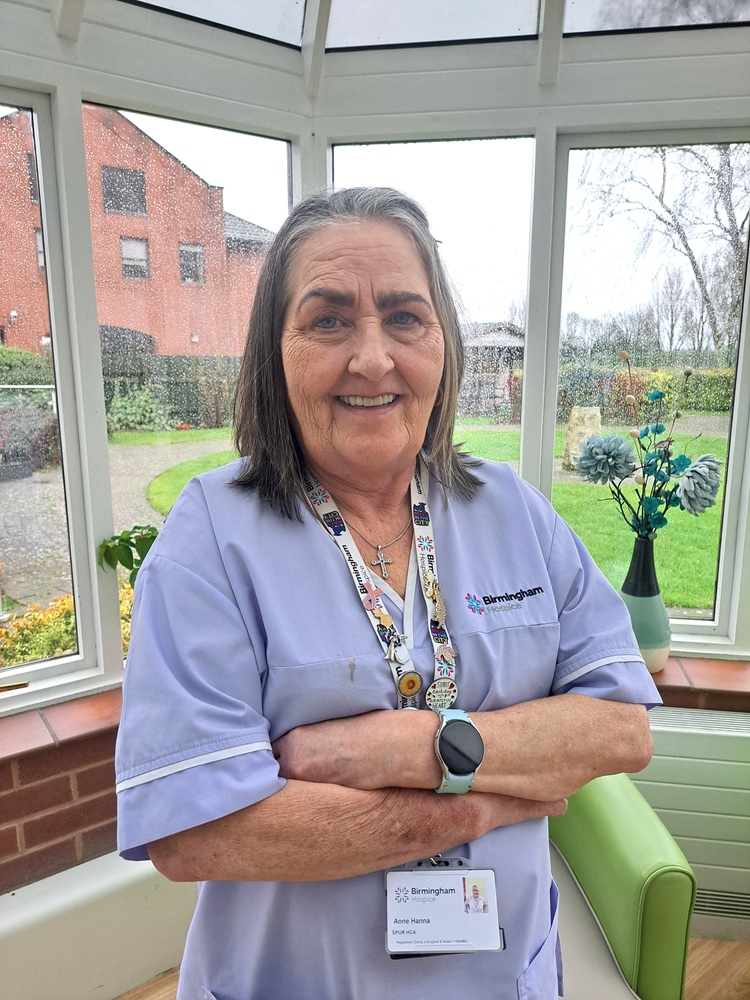Birmingham St Mary’s Hospice welcomes government cash pledge for hospices as the first step in addressing financial sustainability for the sector.
Tina Swani, Chief Executive at Birmingham St Mary’s Hospice, has welcomed the £25 million extra government funding for hospices announced by the Prime Minister Boris Johnson yesterday, as ‘a very positive first step’ but it should not detract from the long term issue of sustainable funding for the sector.
The Prime Minister made the pledge yesterday in an ITV interview, recognising the crucial role that hospices play in giving people ‘tranquillity and the peace of mind…at the end of their lives’.
The pledge was the result of significant lobbying of government, led by the national umbrella body Hospice UK about the increasing pressures on hospice funding.
Tina Swani said:
“We welcome the announcement of this funding boost for hospices coming at a time when hospices are facing growing demands for care alongside steeply rising costs.
“Whilst this investment should alleviate some pressures in the short-term, in the long term the structure of funding for hospices urgently needs reviewing; the current proportion of government income is too low to sustain the end of life care services that are vital for our society. We receive just 36% of our income from the NHS with the majority coming from generous local supporters.
“At Birmingham St Mary’s Hospice, we have taken the sensible measure of reducing our inpatient facility from 20 beds to 15 over the past few months to ensure we remain financial sustainable for the long-term. In spite of this, we have continued to increase the number of patients seen month-on-month. This has now risen to an annual number of patients of 1,759 over the latest 12 month period with most of our care being in people’s own homes.
“However, the real crisis is for those people whose needs we aren’t meeting yet because funding is not keeping pace with rising demand.”
She continued:
“The way we treat people in the last stage of their life is a measure of how well we are functioning as a society. Not providing appropriate care for people with life-limiting illness has a big impact on health and social care services. I firmly believe that failing to invest in end of life care is not only a false economy but a human travesty.
“As well as being there at the very end of life, it is largely unknown that hospices can support people over months and even years to live better with life-limiting illnesses and symptoms. The demand for this longer-term care is growing and makes a huge difference to individuals, their families and loved ones.
“We welcome the Prime Minister’s pledge for additional funding and are heartened to see hospice care recognised as a priority for our country, thanks to the coordinated efforts of the hospice sector in lobbying the government.
“I will continue working with my colleagues to influence our local NHS commissioners about our own NHS funding requirements so that we can strengthen and sustain the services we provide to local people living with life-limiting illness and for their loved ones.”



